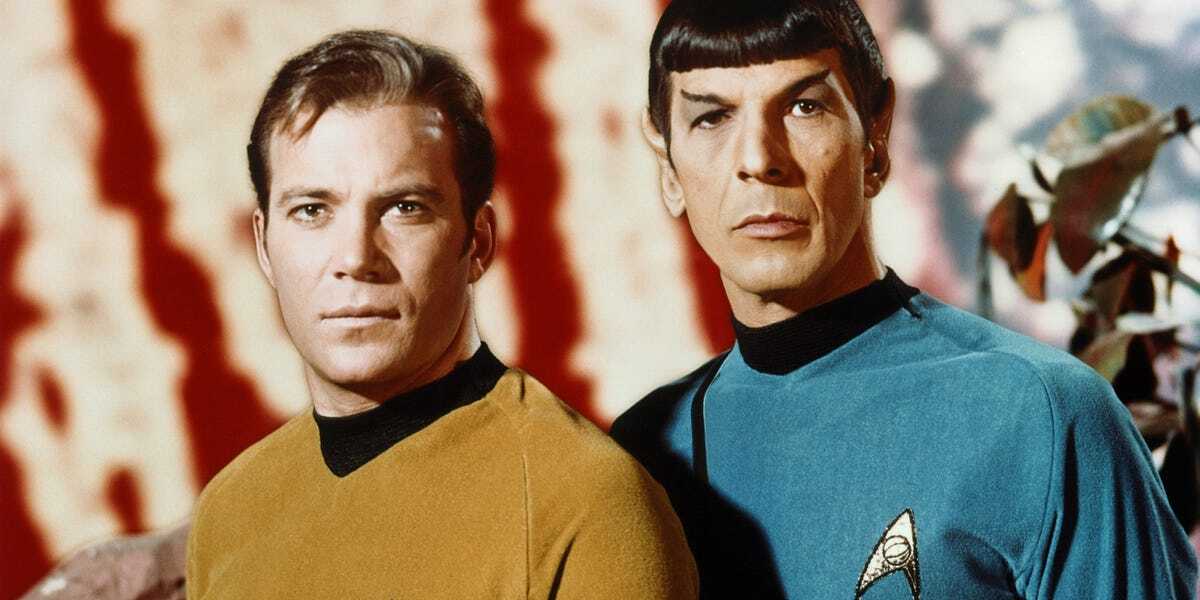Came across this article, and it's a very interesting take on how Star Trek has changed with the times, and how modern audiences seem to have a harder time trusting institutions or imagining Trek's utopia.
This is not to say that the ’90s shows never delved into the complexity and nuance of this ethos—indeed, playing at the edges of their internal morality was how they derived much of their interest...Things are different in modern Trek.
If you have to include a variation of "sure, it was always like this, but it's different now," it's time to go back to the drawing board with your thinkpiece.
I've admittedly still only watched up through the 90s, but I'd definitely say that DS9 depicted a significantly more "morally gray" version of Starfleet than TOS or TNG.
I think the point the author is making is that the extent to which this idea gets explored is reflective of our society's growing mistrust of institutions IRL, rather than suggesting the theme has never been explored.
Yeah, and I don't buy it.
Can anyone make a serious claim that "as a rule, Starfleet is good, and the best way to be a good servant of the true and just in the world of Star Trek is by being a good Starfleet officer" is not the message of literally every current series? Even "Picard," which had arguably the most cynical take on Starfleet by virtue of featuring a number of characters who had left the organization, ended by sticking everybody back into a uniform, ready to take on the galaxy. "Starfleet is good" is the central thesis of "Prodigy," as well as "Discovery," particularly during the two most recent series.
The piece treats the crew stealing the Enterprise in SNW as something particularly meaningful, despite the fact that this sort of thing has been done repeatedly since...checks notes 1984.
It's just another tired bit about how following orders and perfect institutions are what Star Trek is really about, to hell with any evidence to the contrary.
It’s just another tired bit about how following orders and perfect institutions are what Star Trek is really about, to hell with any evidence to the contrary.
I'd argue that the theme is less about following orders and more We are all individually flawed and are at our best when we follow our shared values - which is represented by both Starfleet and the utopian setting as a whole.
I can see the argument (for fiction and real life), that as we trust institutions less, our focus becomes more on individual judgement rather than collectivist ideas. It also tracks for me that as this occurs in real life, our media would reflect individualism more and more.
Sure, and if the core of the article is "today's values are somewhat different than those of the 90s"...yes, they are, just as the values of the 90s were different from those of the 60s. I think there's an interesting academic discussion to be had in there, but I don't think this article is it.
I loved the nearly boundless optimism of TNG. It inspired me to believe in a better future. Watching Picard was depressing because they decided Starfleet was an org where a little corruption at the top could take the whole thing down. The Starfleet that inspired me didn't tolerate corruption at any level. Truth from an ensign was honored above a lie from an admiral and I liked it that way.
This is why I love TNG so much. Even though TOS is the original that laid the groundwork for everything, TNG took that "boundless optimism" and ran with it. Watching TNG inspires me to continue to self-improve and encourage it in others.



